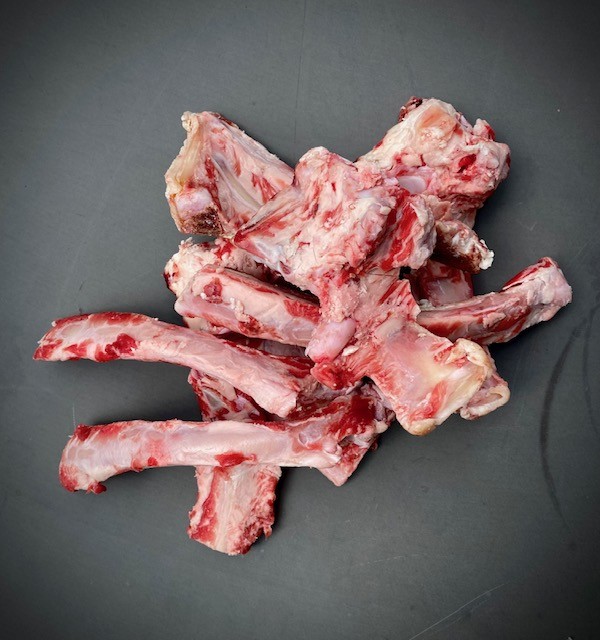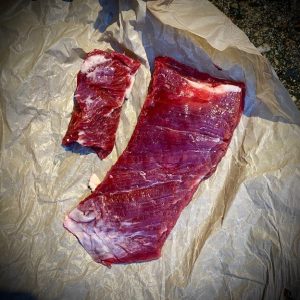Beef bone broth recipe
Ingredients for 1 kg beef bones:
- 1 kg of beef bones
- 1 onion, quartered
- 1 carrot, chopped
- 1 celery stalk, chopped
- 1 tablespoon apple cider vinegar
- 1-2 cloves garlic, smashed
- 1 bay leaf
- Fresh herbs (such as thyme, rosemary, or parsley)
- Salt and pepper to taste
- Water
Instructions:
- Roast the Bones: Preheat your oven to 200°C. Place the beef bones on a baking sheet and roast for 30 minutes, turning once halfway through.
- Prepare the broth: Transfer the roasted bones to a large pot or slow cooker. Add the onion, carrot, celery, garlic, bay leaf, and fresh herbs. Pour in the apple cider vinegar and enough water to cover the bones by about 2 inches.
- Simmer: Bring the mixture to a boil, then reduce the heat to a simmer. Let it cook for at least 12 hours, skimming off any foam that forms on the surface. For a richer broth, you can simmer for up to 24 hours.
- Strain and store: Once the broth is ready, strain it through a fine-mesh sieve into a large bowl. Discard the solids. Season with salt and pepper to taste. Let the broth cool, then transfer it to airtight containers and refrigerate for up to 5 days or freeze or preserve for longer storage, in portions.
Enjoy your homemade beef bone broth as a nourishing drink or use it as a base for soups, stews, and sauces.






Reviews
There are no reviews yet.